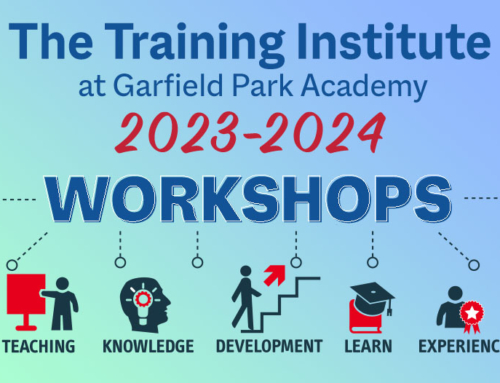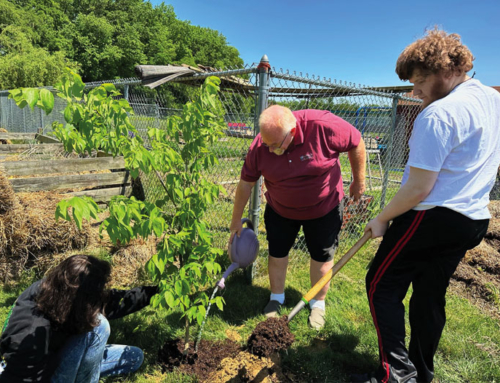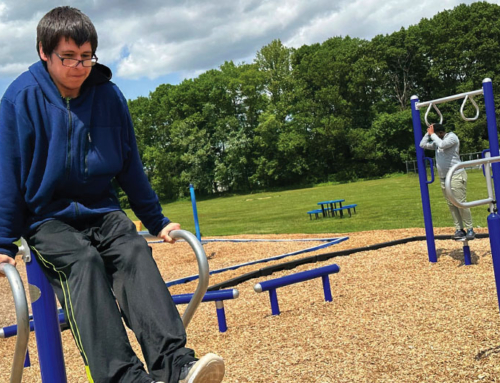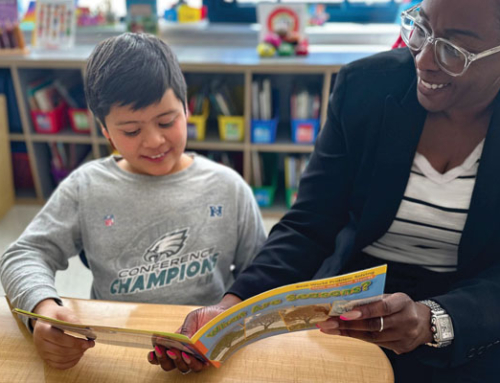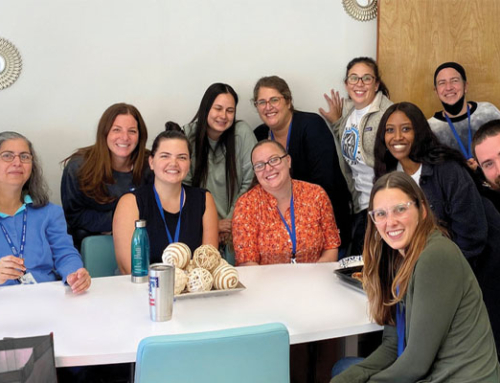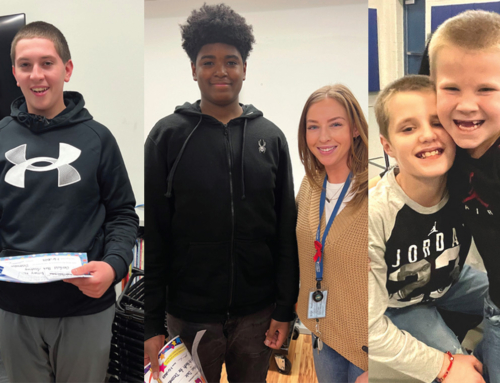The recent publication of results from a large National Institute of Mental Health-funded research study prompted Substance Abuse and Mental Health Services Administration’s National Registry of Evidence-based Programs and Practices (NREPP) to include the comprehensive model of care used by Garfield Park Academy, the Teaching-Family Model (TFM), as a promising evidence-based practice.
The Teaching-Family Model has helped us to create a school-wide culture in which each student’s cognitive, social, and emotional growth are always in focus. The Model has helped our teachers and staff gain a level of confidence that allows them to teach in a structured, yet positive way, and maintain consistent respect for their students, and develop meaningful relationships with them.
– Dr. Steven Morse, Superintendent of Garfield Park Academy
As of December 5, 2016, NREPP, a highly selective registry of evidence-based practices in mental health services, officially recognizes the Teaching-Family Model as a promising evidence-based practice for the treatment of “Non-specific Mental Health Disorders and Symptoms.”
The study published in the Journal of Emotional and Behavioral Disorders found the Teaching-Family Model to “produce significantly better outcomes” for youth post-discharge. “Short-term gains are relatively common, but for developing youth, shifts in long-term trajectories form the springboard for improved development, socialization, functioning and flourishing,” write the study authors.
The Teaching-Family Model used at Garfield Park Academy provides that springboard for students in grades K-12 who have a history of learning, social, emotional and behavioral challenges.
The Teaching-Family Model has been recognized as a promising evidence-based practice since 2008 by the California Evidence-Based Clearinghouse for Child Welfare (CEBC), a similar and oft-cited registry of evidence-based programs. The American Psychological Association also recognized the Model as an evidence-based practice since 2003, prior to the creation of NREPP or CEBC.
The American Psychological Association’s profile of the Teaching-Family Model suggests that the Model has “given hope” that youth “with even the most difficult problems or behaviors can improve the quality of their lives and make contributions to society.”
“The Teaching-Family Model provides comprehensive care as a program model for children, youth and families focused on building relationships and services that are client-centered, strengths-based, trauma-informed and outcome-driven,” reads a release from the Teaching-Family Association, an international community of care providers using the Model in a wide range of contexts.
The Teaching-Family Model has been successfully adapted for use in many different service delivery systems and for many different populations, from children in the child welfare or juvenile justice systems to at-risk youth and families and even adults with developmental disabilities. Garfield Park Academy was the first school-based program to be accredited by the international Teaching-Family Association in use of the model.
“We adopted the Teaching-Family Model as our instructional framework at GPA in 2000, and much of our students’ success over the years since can be traced to that decision,” said Dr. Steven Morse, Superintendent of Garfield Park Academy. “It’s helped us to create a school-wide culture in which each student’s cognitive, social, and emotional growth are always in focus. The Model has helped our teachers and staff gain a level of confidence that allows them to teach in a structured, yet positive way, and maintain consistent respect for their students, and develop meaningful relationships with them.”
Resources
- For the latest information on the research and evidence base of the Teaching-Family Model, refer to http://www.teaching-family.org/bibliography/
- Find NREPP’s program profile of the Teaching-Family Model, here: http://nrepp.samhsa.gov/ProgramProfile.aspx?id=143
- Find the American Psychological Association’s profile of the Teaching-Family Model, here: http://www.apa.org/research/action/family.aspx
About Garfield Park Academy: Garfield Park Academy is a New Jersey state-approved, private, not-for-profit school that provides effective, evidence-based special education services for students in grades K-12 who have a history of learning, social, emotional and behavioral challenges. GPA’s comprehensive services and programs are designed to ‘wrap around’ each student and his or her family to ensure success, not just in college or work, but also in life.


